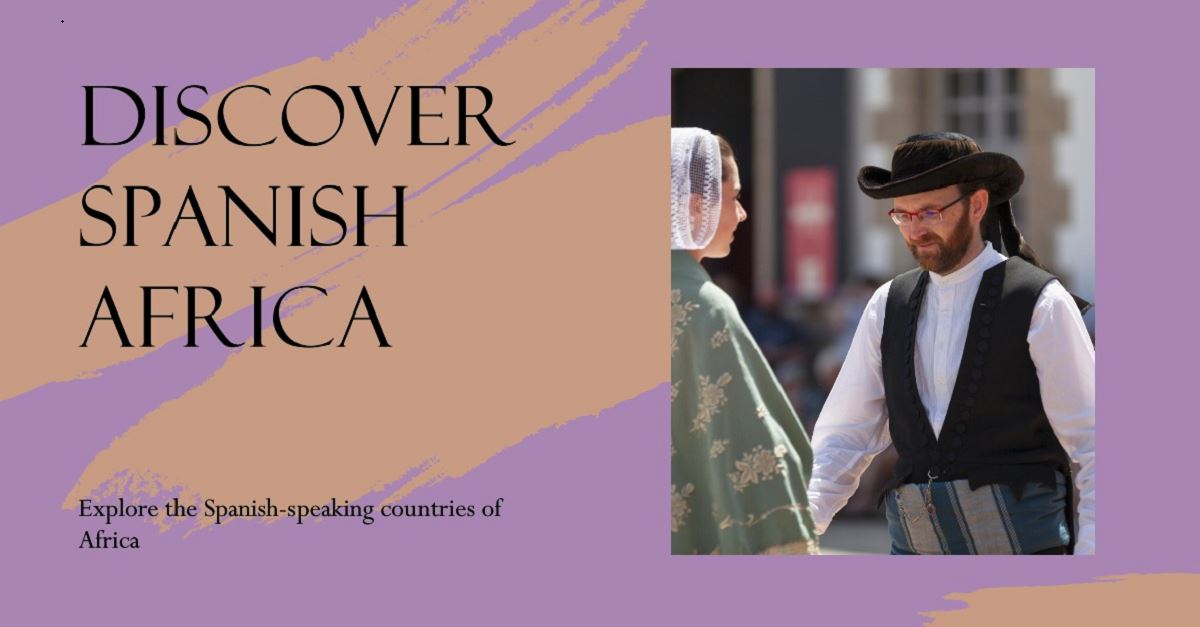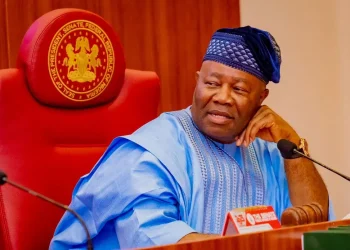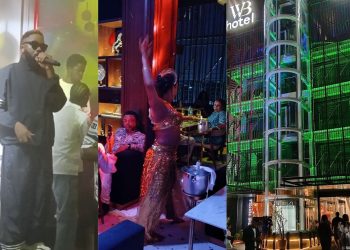Are you surprised to discover African countries that speak Spanish? Well, you shouldn’t be!
Africa as a continent was colonised by many European countries. This caused most of the 54 African states to learn foreign languages and make the languages function in official capacities of some sort. So, what African countries speak Spanish? Keep reading to find out!
Spanish-speaking countries in Africa
Did you know that the Spanish language is the fourth most popular language in the world, preceded by Hindi which is the 3rd most common language in the world? It has over 490 million native speakers, and due to immigration, an extra 100 million fluent speakers are added to this figure. Interestingly, the US has the largest number of Spanish speakers, easily outranking Spain with over one million speakers.
Like English, the Spanish language was introduced into many countries from Spain. The Spanish Empire colonized many countries and regions which eventually made the language popular.
There are 195 countries in the world and 21 of those countries speak Spanish. Most of these are in Latin America and only one recognized nation is in Africa.
Yes, you read right! Only one African country speaks Spanish and that is the Equatorial Guinea of West Africa. It seems the Spanish empire was more interested in the continent of America and didn’t catch Africa’s colonisation on time.
1. Equatorial Guinea
Equatorial Guinea is a small nation in central Africa. It shares Eastern and Southern borders with Gabon, Northern borders with Cameroon and the Atlantic Ocean lies on its West. Equatorial Guinea got its name from its proximity to the Equator and the African region of Guinea. The nation’s land mass is divided into a mainland and five (5) islands. The country’s capital, Malabo is situated in the Insular region (islands) of Equatorial Guinea. With over one million ( 1 million) inhabitants, the nation is the 3rd most biodiverse country in Africa.
The prevalent ethnic group in the Republic of Equatorial Guinea is the Fang people with 85%, closely followed by the Bubi people with about 6%. Most of the country’s residents are fluent speakers of Spanish, French and Portuguese: these are also its 3 official languages. Spanish language is prevalent in the country with about 87% of its population communicating in Spanish.
Since Equatorial Guinea was colonised by the Spanish, most of its citizens are Christians (88%)
The story of Western influence on the region started in the 15th century when Portuguese Explorer, Fernando Poe discovered the islands of the Gulf of Guinea. He and other Europeans established trade with the region since the Atlantic Ocean shared its shores with Equatorial Guinea.
Unfortunately, the Europeans became aware of the economic gain hidden in Africa. So, the 18th and 19th centuries ushered in an era of exploitation, slavery, and colonisation of the African continent. Equatorial Guinea didn’t escape this situation, Spanish colonisers quickly set up camp in its territory and exploited the nation’s resources and trade routes. The Spanish Crown initially claimed control over the islands including Fernando Po. Unfortunately, the mainland didn’t have enough power to stop Spain’s invasion and Río Muni eventually fell into Spain’s control.
As the wave of decolonization swept across Africa in the mid-20th century, Equatorial Guinea sought its path to independence. In 1968, the country gained independence from Spain, during the 11th government of Francisco Franco.
2. Sahrawi Arab Democratic Republic (SADR)
The Sahrawi Arab Democratic Republic (SADR) is a unique territory that often evokes discussions about its political status. Nestled in the western part of the Sahara Desert, the SADR’s linguistic culture reveals intriguing ties to the Spanish language.
SADR is partially recognized as a nation by the UN but it is a recognized member of the African Union ( AU). It is located on the Northwest coast of Africa. SADR shares borders with Morocco and claims 20% of Western Sahara’s landmass while Morocco claims the rest. The nation is the least populous African country and the second-least Terri in the world.
In the colonisation era, SADR was a Spanish colony. It gained independence in February 1976.
The Lingua franca of the territory is the ethnic Hassaniya dialect but the country’s official languages are Arabic and Spanish. Spanish words, phrases and expressions persist in daily life.
SADR’s colonial master’s influence is still evident in the culture of the people. Spanish slang is infused into the local language while other artistic and cultural expressions are testaments of Spain’s initial presence in the territory.
Interestingly, SADR students pursue their first degree and other academic feats in Spanish-speaking countries.
3. Spanish in Northern Africa
While the presence of Spanish in Northern Africa is not as widespread as in Equatorial Guinea, there are historical ties between Spain and the region. The Spanish territories of Ceuta and Melilla, located on the northern coast of Africa, provide a European connection to the continent. These territories have a complex history, reflecting a mix of Spanish and North African influences.
Ceuta and Melilla
Ceuta and Melilla are little enclaves on the Northern shores of Morocco’s Mediterranean coast. These regions form the European Union’s (EU) land borders with Africa. In the 5th century, Ceuta and Melilla were colonised by the Greek and Roman empires before the rise of Arabian dynasties. Melilla was under Spanish rule since the 15th century and Spain took over Ceuta in the 17th century. To date, these regions are recognized as Spanish cities in North Africa.
According to BBC.com, ‘both port cities historically developed as military and trade centres linking Africa to Europe. Since 1995, they have enjoyed a limited degree of self-government as Autonomous Communities.’ Hence, they have city presidents, deputies, and senators who report to the Spanish parliament. The prevalent language in Ceuta and its sister city is Spanish and Arabic.
Closing
The Spanish language is not a language commonly associated with Africa. Yet, it quietly crept into the fabric of Africa’s diverse languages. As you go around Africa, visit these beautiful territories to soak in the Spanish language and the rich African culture.














